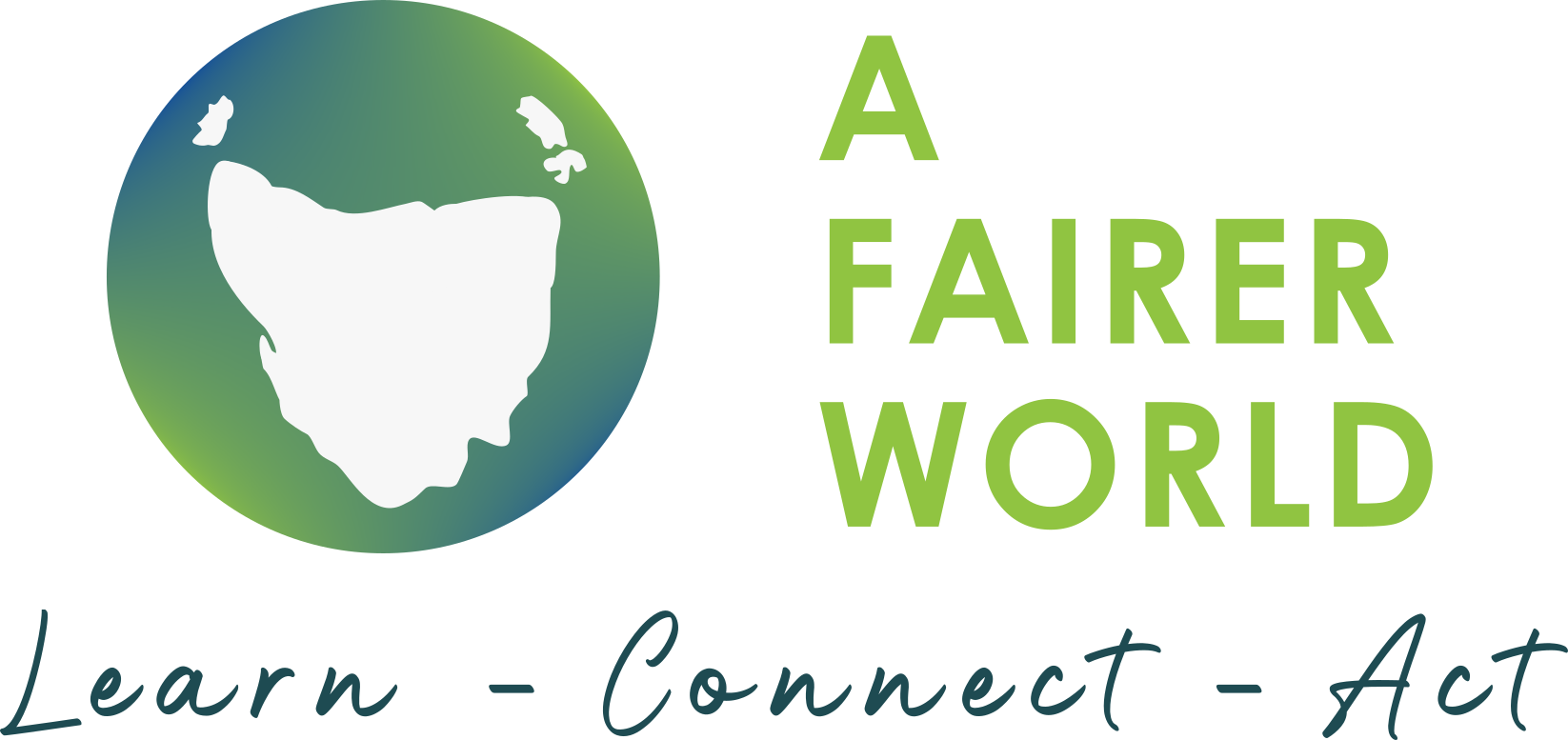Disability
“Persons with disabilities face discrimination and barriers that restrict them from participating in society on an equal basis with others every day. They are denied their rights to be included in the general school system, to be employed, to live independently in the community, to move freely, to vote, to participate in sport and cultural activities, to enjoy social protection, to access justice, to choose medical treatment and to enter freely into legal commitments such as buying and selling property… Persons with disabilities have, however, remained largely ‘invisible’, often side-lined in the rights debate and unable to enjoy the full range of human rights.”
One in 5 people in Australia have a disability and are 2.7 times more likely to be at risk of poverty than other OECD countries. source
Australia is a signatory to the international Convention on the Rights of Persons with Disabilities. source
Around 15 per cent of the world’s population, or estimated 1 billion people, live with disability. They are the world’s largest minority. source
There are at least 93 million children with a disability in the world. source
Eighty per cent of people with a disability live in developing countries. source
More than 90 per cent of children with a disability in developing countries do not attend school. source
Depression, anxiety and other mental health issues are covered in the Mental Health & Wellbeing section.
Equal Opportunity Tasmania: When is disability discrimination against the law in Tasmania?
People With Disability has a dedicated section for students on rights, campaigns and news.
Australian Network on Disability: Stats, facts and infographics on employment and inclusive language.
Australian Human Rights Commission: Disability rights in Australia, inquiries and action plans.
United Nations: how can we ensure equity for people with a disability?
UNICEF: All about children with a disability – one of the most marginalised and excluded groups in society.
World Health Organisation: 10 facts on disability.
Check out our YouTube playlist for some short videos on Disability.
The book, Rafting: A Wheelchair Won’t Stop Us, by Tasmanian author and artist, Janelle McMillan OAM is in every Tasmanian school library. (online teacher notes)
What It’s Like To Experience A Disability and What It’s Like To Have A Brother Or Sister With A Disability: Young people sharing their experiences.
Focus on Ability has hundreds of short videos from their short film festivals. Search by topic from their cloud page.
End the cycle of poverty and disability: Videos and a video toolkit to share stories of disability.
International Day of Persons with Disabilities, 3 December
International Fetal Alcohol Spectrum Disorder Awareness Day, 9th day of the 9th month and Red Shoes Rock campaign
World Down Syndrome Day, 21 March
World Autism Awareness Day, 2 April
Equal Opportunity Tasmania: have a trainer speak at your school, download posters and other resources.
Tasmanian Department of Education: commitment to students with disability.
Australian Human Rights Commission Disability Discrimination Act guide to getting an education.
Projectable: find out if you could be a disability carer.
Disability Services: all about disability services in Tasmania.
Department of Education (DoE) Support Services: support the inclusion of students with disability in state schools.
Advocacy Tasmania: listens and advises on rights and helps you have your say.
Speak Out: counselling and advocacy for people with intellectual disability who are affected by violence, abuse and exploitation in Tasmania.
The Association for Children with Disability (Tas): information, advocacy, training and peer support.
Equal Opportunity Tasmania: advice and education about discrimination law and action on complaints of disability discrimination.
Brain Injury Association Tasmania: awareness and understanding of acquired brain injury.
Other learning resources
A Fairer World has posters, classroom activities, books, DVDs and web links on global issues such as Disability. Contact us for a complete list of resources available free or on loan to members.
